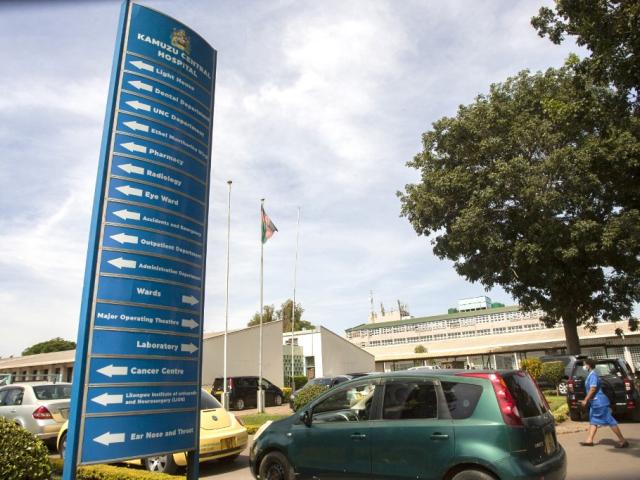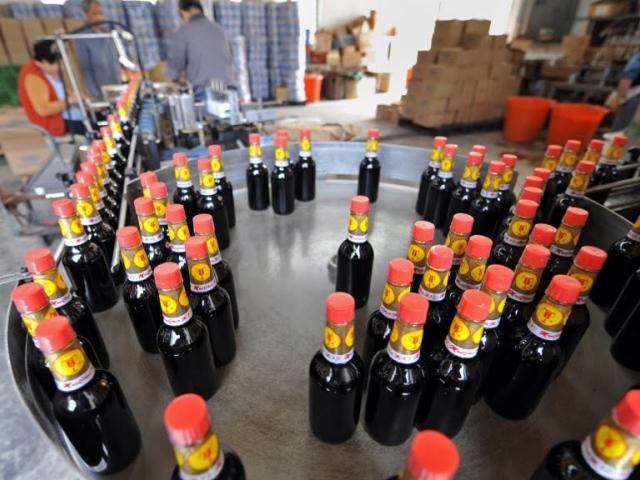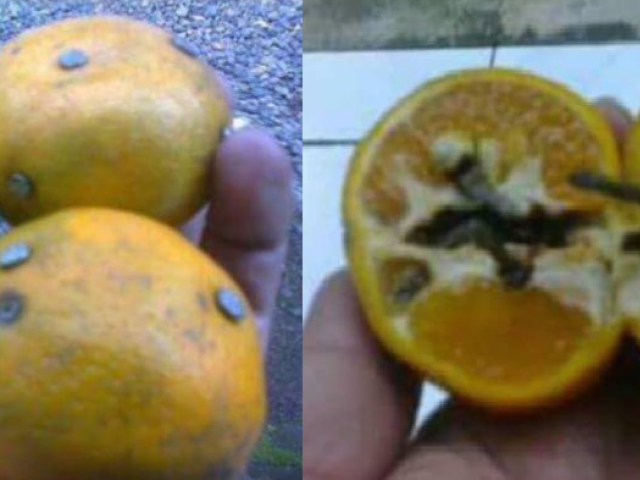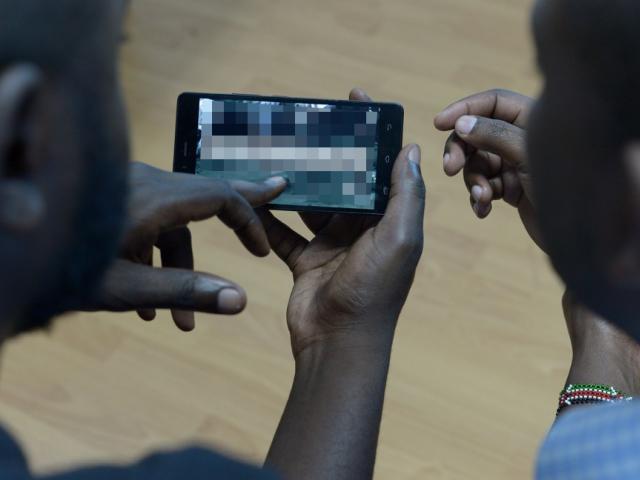Viral ‘Jeyes fluid’ chain message resurfaces in South Africa
This article is more than 5 years old
 The hoax message shared with Africa Check on WhatsApp.
The hoax message shared with Africa Check on WhatsApp.“Hi, there,” read a message sent to Africa Check’s WhatsApp number last week. “I just received this text from a friend and I want to know if it’s legit?”
The message appeared to be an “important warning from S.A. Police”. It explained how thieves are making explosives using Jeyes Fluid - a brand of disinfectant fluid.
“A plastic bottle with a cap. A little Jeyes. A little water. A small piece of foil. Trying to disturb it by moving it - and BOOM!” the message warns.
“No fingers left and other serious effects to your face, eyes, etc.”
Message has circulated for many years
A quick Google search revealed that the warning has been shared for a number of years, both in South Africa and internationally.
A community newspaper, the Kempton Express, investigated the chain message in 2014. At the time, the Kempton Park police station had not received any complaints or had any cases reported.
The message is signed off by “Kol. Cor Snel” from Pretoria. Africa Check tried to call the cell phone number listed at the bottom of the message but it does not exist.
Pressure bombs do pose a threat
Though the viral message is not legitimate, similar home concoctions can cause injuries.
Fact-checking website Snopes looked into a related viral message that was shared in 2010 about bombs made of drain cleaner Drano and tin foil in Ann Arbor, Michigan.
“The combination of the hydrogen chloride or sodium hydroxide in the fluid and the aluminum foil creates a strong chemical reaction which releases hydrogen gas; when that gas builds up to sufficient pressure, it ruptures the side of the plastic bottle, releasing the contents in an explosive burst,” explained Snopes.
“Although the force of pressure-based bottle bombs may seem small when compared to other types of explosives (such as gunpowder-based ones), any form of explosive has the potential to cause serious injury”.
Have you received a viral WhatsApp message that needs to be fact-checked? Forward it to us.







Add new comment